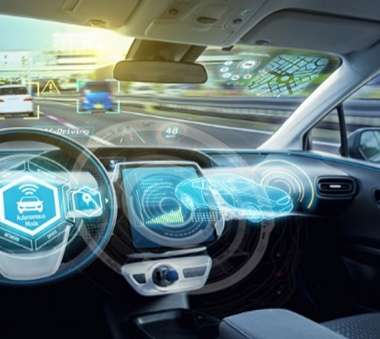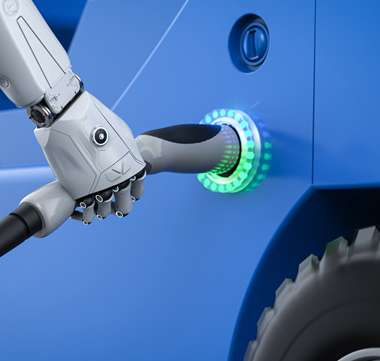Electric cars have become a focal point in the quest for a more sustainable future. Research consistently underscores their positive impact on the environment, heralding a new era of cleaner transportation. From reduced greenhouse gas emissions to innovative battery reuse, let’s explore how electric cars are reshaping the way we move and breathe.
Are Electric Cars Better for the Environment?
Electric cars emerge as champions in the battle against air pollution and climate change. They emit substantially fewer greenhouse gases and air pollutants compared to their petrol or diesel counterparts. This advantage extends beyond the road, encompassing production and electricity generation. The result? A more comprehensive view of their environmental impact.
Cleaner Streets, Healthier Cities
One of the most notable advantages of electric cars lies in their potential to enhance urban air quality. Free from tailpipe emissions, pure electric vehicles are synonymous with zero carbon dioxide and harmful pollutants during operation. The outcome is a marked reduction in air pollution, a boon for bustling towns and cities. Streets become cleaner havens for pedestrians and cyclists, and the collective health of urban dwellers receives a welcome boost. Astonishingly, a mere year of electric car usage can save a staggering 1.5 million grams of CO2 – a testament to their efficacy in mitigating environmental harm.
Electric vs. Petrol: A Carbon-Footprint Comparison
Extensive research conducted by the International Energy Agency (IEA) underscores the superiority of electric vehicles in terms of lifetime carbon output. When pitted against conventional Internal Combustion Engine (ICE) cars, electric vehicles emerge as clear winners. The shift towards cleaner electricity generation further bolsters their position, promising even greater environmental benefits over time. While electric car manufacturing demands significant energy, a nuanced perspective reveals their greener footprint. Despite higher emissions during production, the reduction in emissions over the vehicle’s lifespan eclipses this initial impact. The production process, including the manufacture of lithium-ion batteries integral to electric cars, contributes to a fraction of their overall lifetime CO2 emissions. Technological advancements continue to drive positive change, steering production practices toward a more eco-conscious direction.
Revitalizing Batteries: Reuse and Recycling
Innovative solutions are on the horizon, breathing new life into used electric car batteries. The research delves into second-hand battery utilization, with an eye on applications like electricity storage. The vision of households powered by repurposed batteries holds immense promise, significantly reducing the overall environmental burden of battery manufacturing. As this trend gains traction, the road ahead looks increasingly sustainable.
Conclusion: Navigating Toward a Greener Horizon
The electric car revolution transcends transportation, embodying a shift towards a cleaner, more responsible future. Armed with their remarkable ability to combat emissions, electric cars are catalyzing positive change in urban landscapes and beyond. With ongoing advancements and a growing emphasis on sustainability, electric cars hold the key to unlocking a brighter and more environmentally-conscious tomorrow. For more information and to experience this groundbreaking technology firsthand, don’t miss the opportunity to attend the AutoEV India Expo, where you can explore the latest advancements and engage in research and development.



